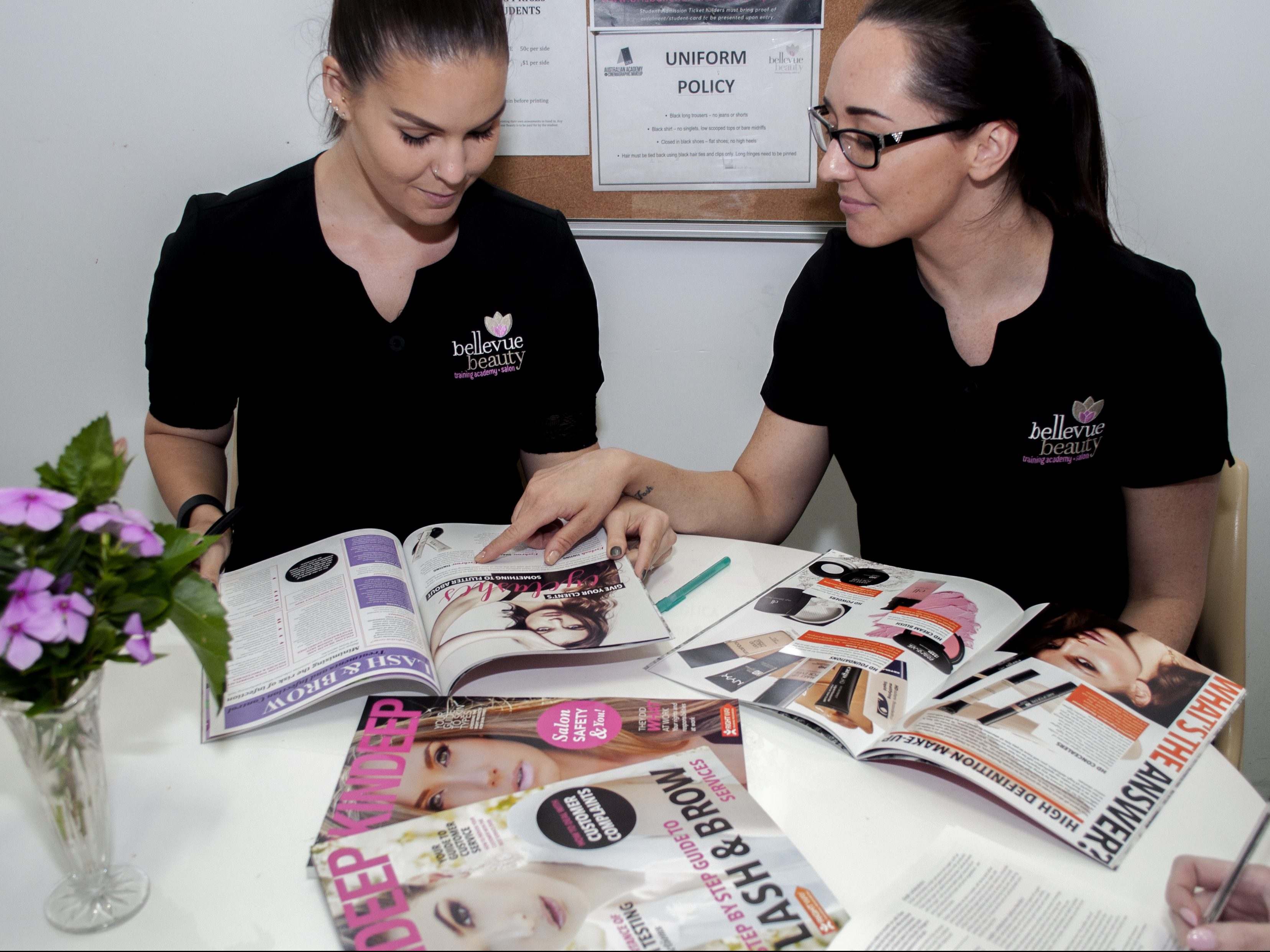The future of learning about beauty is here. We talk to cosmetic chemist Dr Ian Griffiths and education expert Hayley Costa from Skin Deep Learning about their exciting new way to teach beauty.
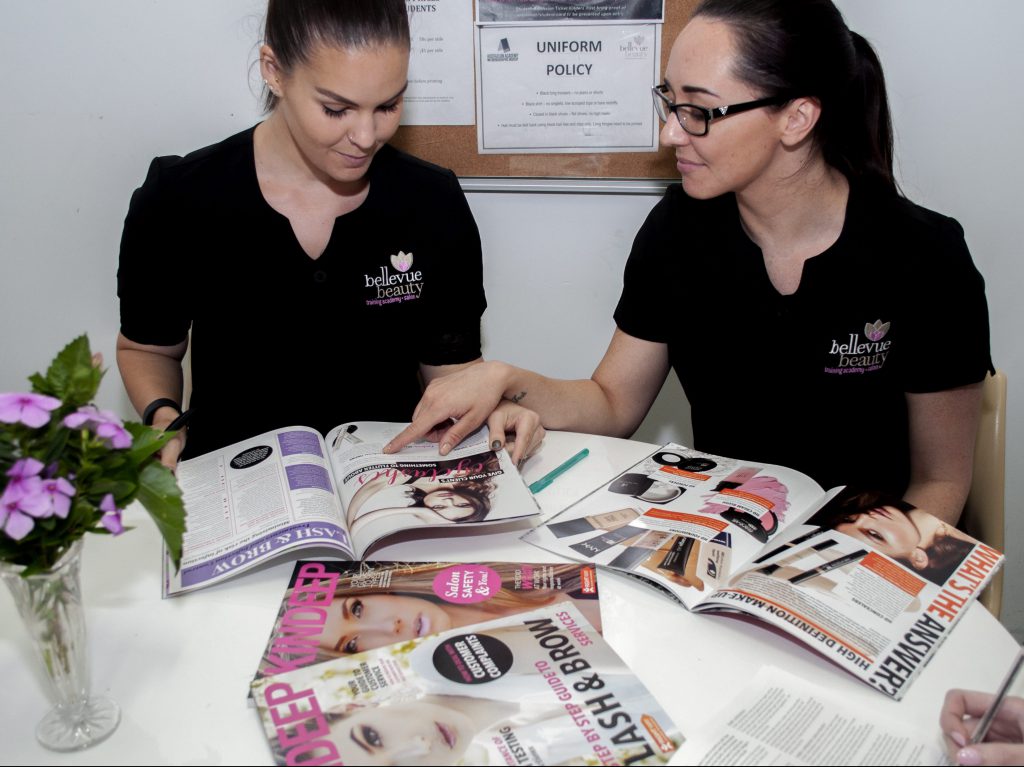
So, tell us what Skin Deep Learning is and what it can do for colleges and their students?
“Skin Deep Learning is an Australian Company founded by myself and Hayley Costa,” says cosmetic chemist, Dr Ian Griffiths. “We create learning and assessment materials for registered training organisations (RTO’s) and TAFEs. We have taken a novel approach… our learning materials are presented in a magazine format, [similar to] Cosmopolitan. The graphics and style of the writing engage the learner and make them want to read the materials and learn.”
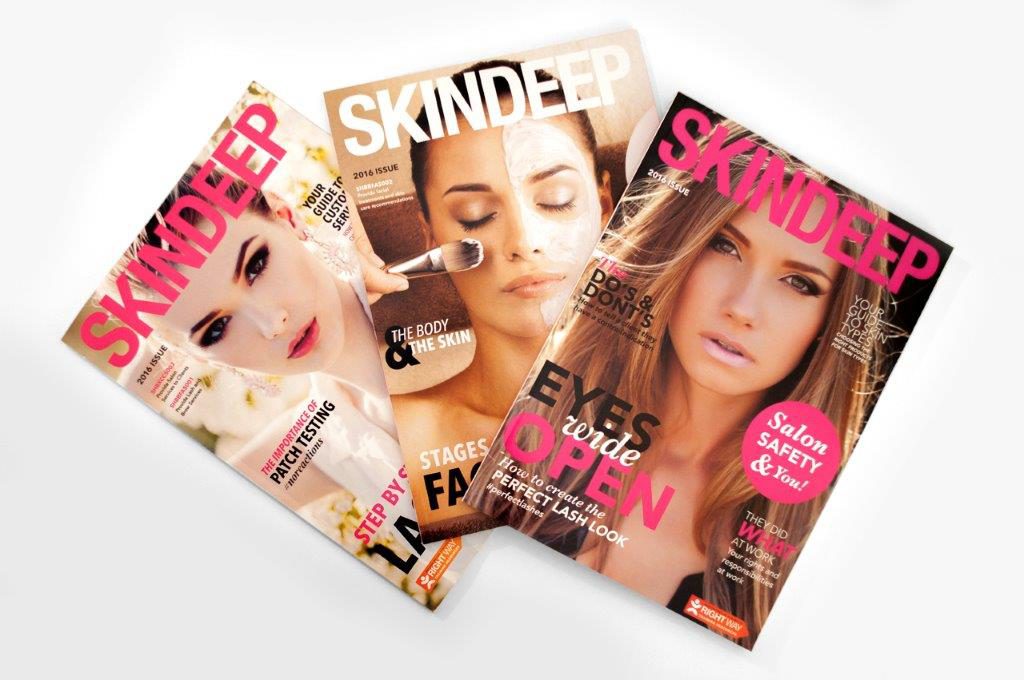
Is the assessment material compliant with college and TAFE training?
“Skin Deep Learning provides highly compliant learning materials and assessments that reduces a lot of hours for RTOs, and also creates an engaging learning experience for the learner,” says Hayley Costa who has both owned salons and worked in education. “My problem with existing materials is they are very hard to understand and can be very confusing for the students.
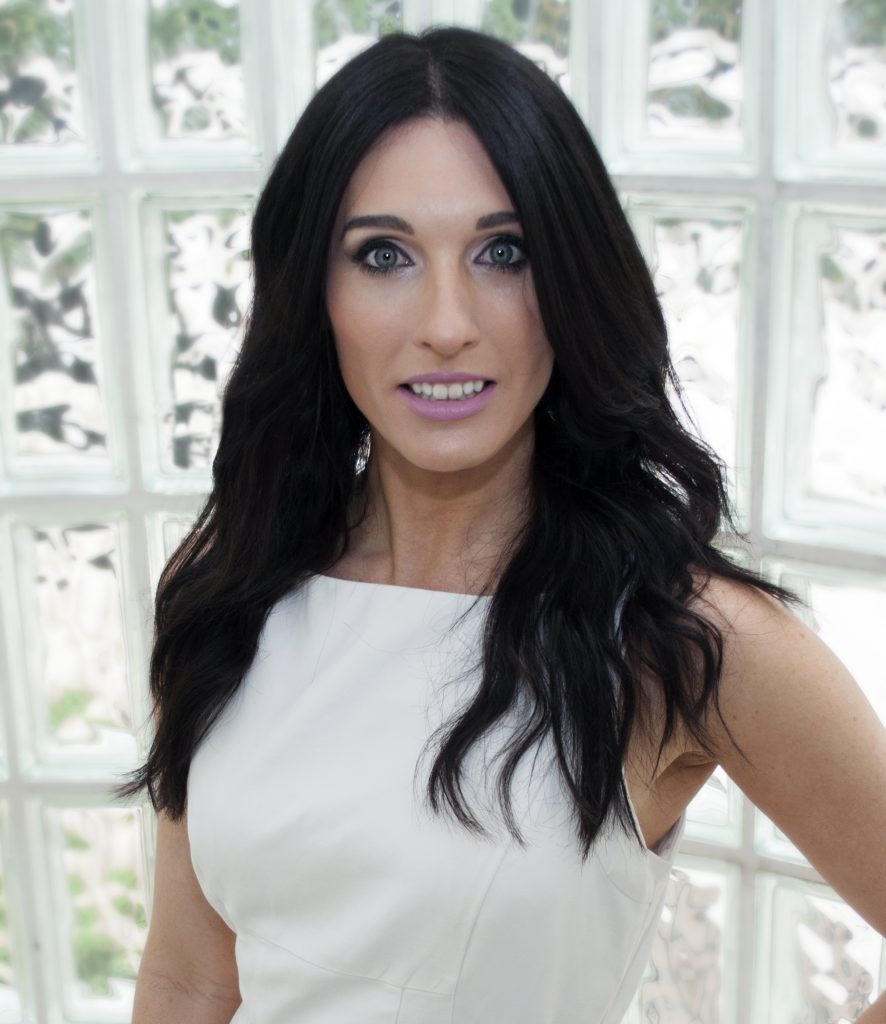
When did you come up with the idea?
“I realised there was a need for this [type of learning material] when I decided to upgrade my beauty qualification a couple of years ago,” says Costa. “I enrolled in an RTO and was given learning materials developed by them, and also a textbook. I had no idea where I was supposed to find the information required. If I found it difficult [after having completed a Degree in Literature], how was a typical VET student going to cope?”
Will the system help colleges save money?
“Use of the Skin Deep Learning system gives the colleges better targeted teaching time, compliant materials and a genuine student engagement in the learning process so there is a huge cost saving and a better training experience,” says Dr Griffiths.
How many beauty students are currently using the system?
“There are 600 beauty students using Skin Deep Learning resources in our first three months of sales with that number growing every day,” says Costa.
How can we make learning more fun and help students become better engaged?
“The online community allows students to engage with other beauty students around the country, share ideas and tips about the beauty industry and get help with their course,” says Costa. “The students are able to win prizes relevant to their course. This program is called #learntowin. It is designed for students to complete research activities to increase their knowledge in order to win prizes.”
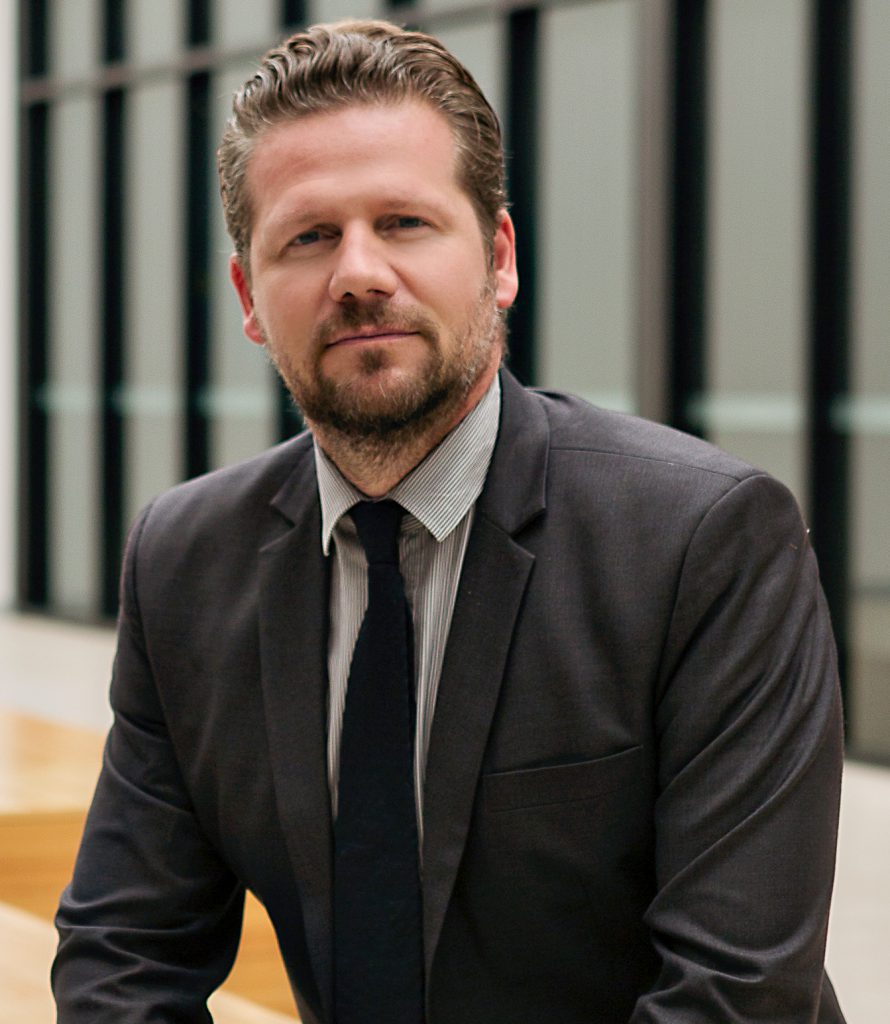
Do you only teach entry level students, or professionals as well?
“Our materials cover everything from Cert II through to the Diploma of Beauty Therapy,” says Dr Griffiths.
“The materials are for accredited courses, or professionals wanting to upgrade qualifications,” adds Costa.
Your presentation talks about empowerment. How important is it to empower students?
“Skin Deep Learning system is designed to make students workplace ready,” says Dr Griffiths. “The online community allows them to discuss beauty topics and learn about their future options for their careers and what they need to be successful in the workplace.”
“We also actively hire students to work at our head office,” says Costa. “This gives student designers, writers and administrator’s real world experience.” And in the future, we would also like to help students become employed after finishing their course with a student placement program in salons and spas across the country.”
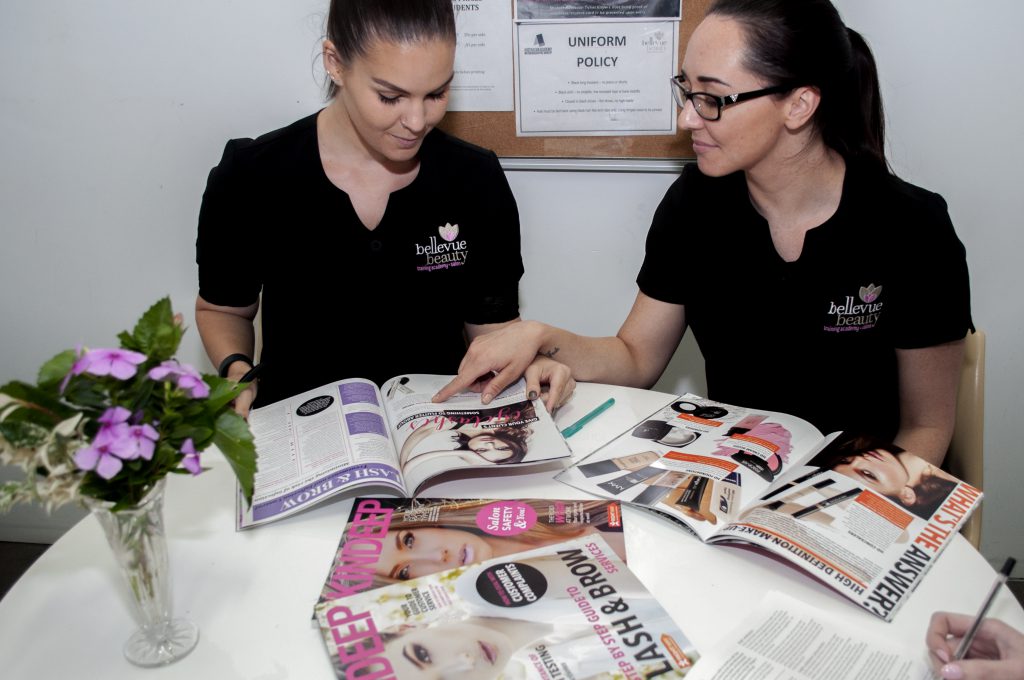
Dr Griffiths, you have an impressive career in cosmetic chemistry and medical devices, what made you decide to get into education?
“Thank you. Skin Deep is education and compliance; my medical device days have meant that I have managed compliance functions and have an interest in compliance being brought to practical vocational training,” says Dr Griffiths. “My experiences in cosmetic chemistry have given me a general interest in the beauty industry.
Hayley, you have both a Degree in English Lit and a Diploma in Beauty Therapy, you are also a beauty salon owner. This is a powerful combination, how have you used this blend of education and experience in your resources?
“A beauty therapist has to have quite an in depth knowledge of body anatomy, skin physiology and aspects of cosmetic chemistry in order to perform their job effectively,” says Costa. “Often the students don’t realise the study that is involved. They receive a textbook, or other materials (or sometimes both), which are overwhelming and sometimes confusing. Often, some of them will fail or drop out because they find it too hard. My experience in literacy, beauty therapy and teaching has allowed me to analyse the student experience and how it can be made better, and not so overwhelming.”
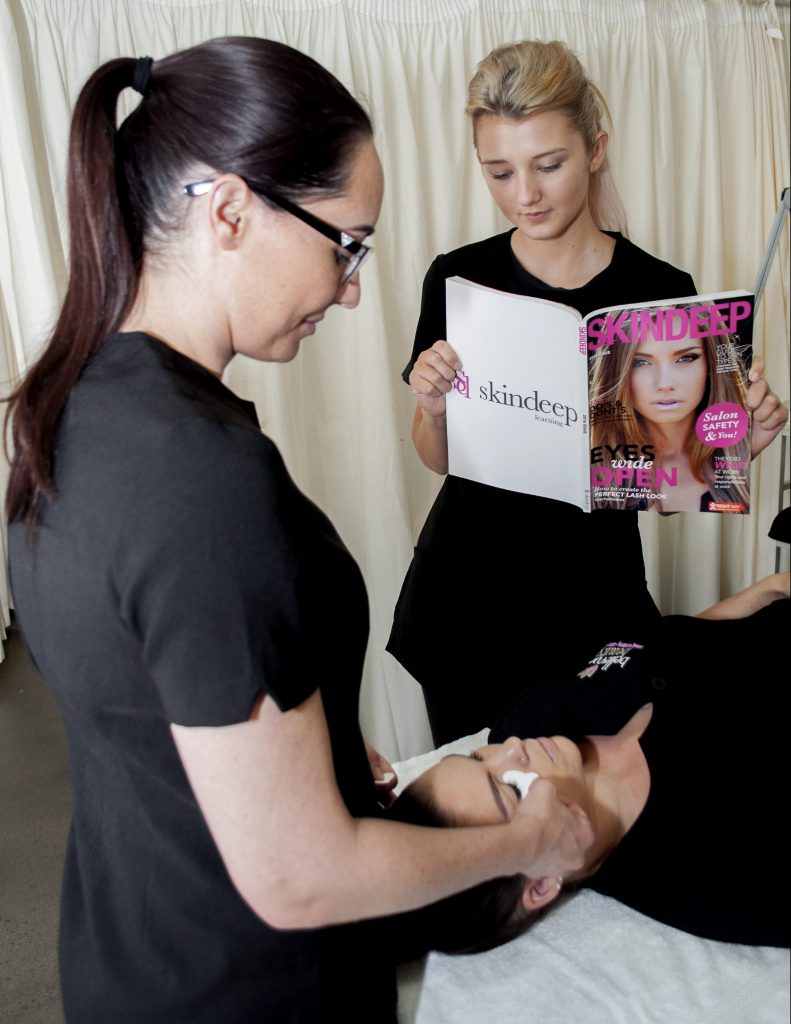
How important is it for students to learn from experts working in the field? How do you incorporate this into your resources?
“We have a range of expert writers that consult to the business and current beauty experts,” says Dr Griffiths. “That way we ensure that everything in the magazines reflects what happens in the real world. We also have a range of relationships with product companies who are generally very keen to share their information with us so that we know what industry ‘thinks’ and what products will be used in the workplace for the students after they graduate.”
“Let’s not also forget that we have a range of wonderful and knowledgeable teachers across all of the RTOs that use our materials,” says Costa. “Their feedback and knowledge is very important to us in order to improve our materials every year. As the editor, I receive the information from all of these industry experts and put it in a format that is visually appealing and easy for the students to understand.”
This is your first year with Skin Deep Learning. How is it going so far?
“We market directly to RTOs and TAFEs and in our first year of trading are experiencing a fantastic uptake of the Skin Deep Learning system,” says Costa. “Our customers are delighted and our feedback is really quite telling that we have brought a new paradigm to Beauty Education in Australia.”
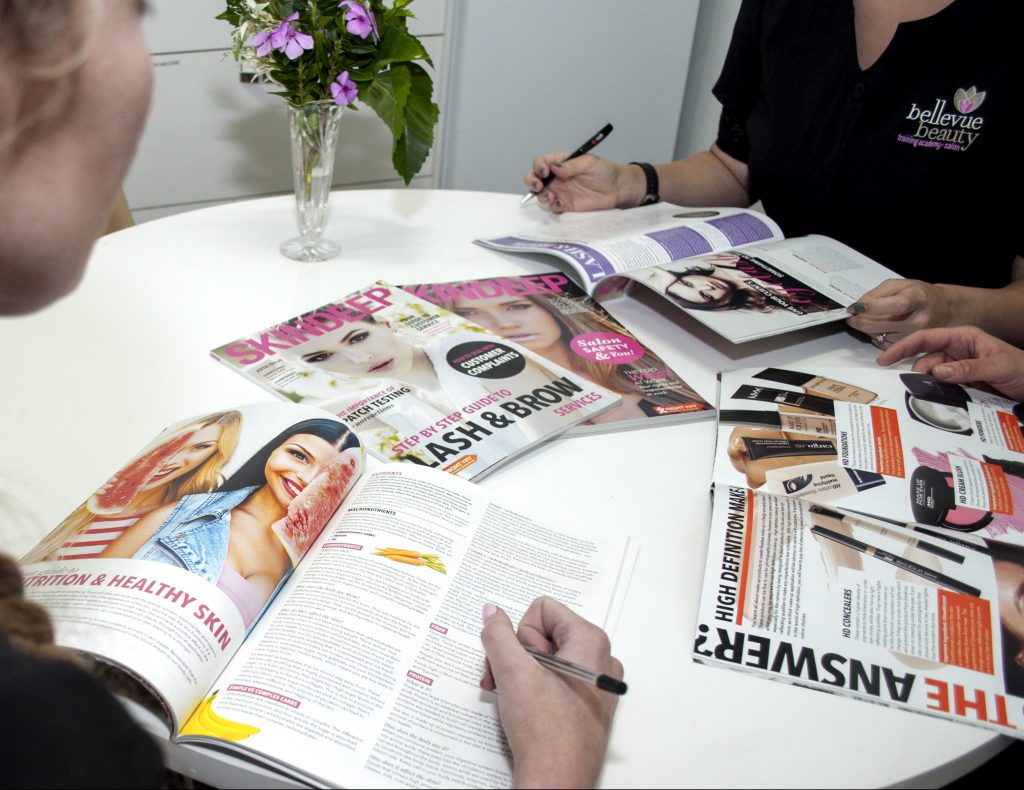
To find out more about the Skin Deep Learning System go to skindeeplearning.com

